2023-2024学年鲁教版(五四学制)七年级英语下册Unit 8 I’ll help to clean up the city parks.复习课件(共46张PPT)
文档属性
| 名称 | 2023-2024学年鲁教版(五四学制)七年级英语下册Unit 8 I’ll help to clean up the city parks.复习课件(共46张PPT) |
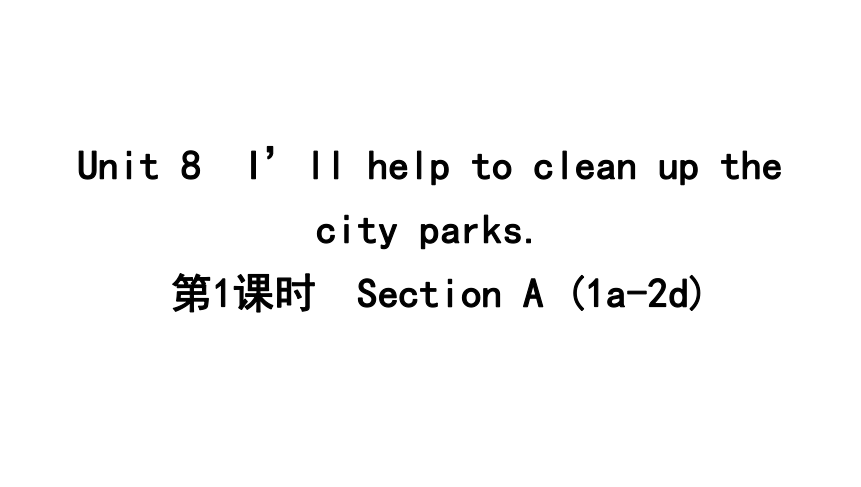
|
|
| 格式 | pptx | ||
| 文件大小 | 497.8KB | ||
| 资源类型 | 教案 | ||
| 版本资源 | 鲁教版 | ||
| 科目 | 英语 | ||
| 更新时间 | 2024-07-06 10:21:02 | ||
图片预览

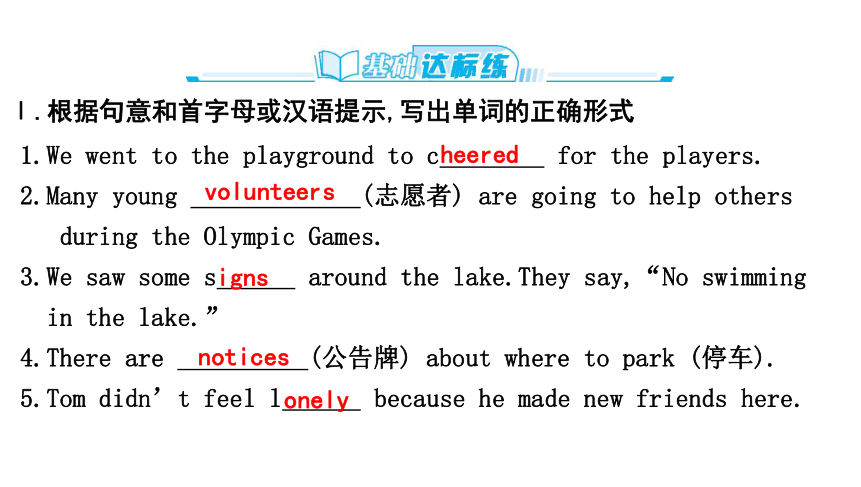
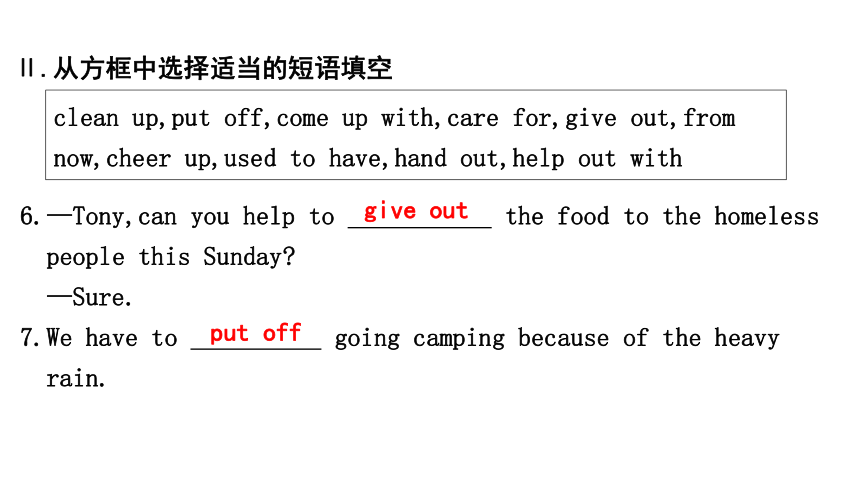
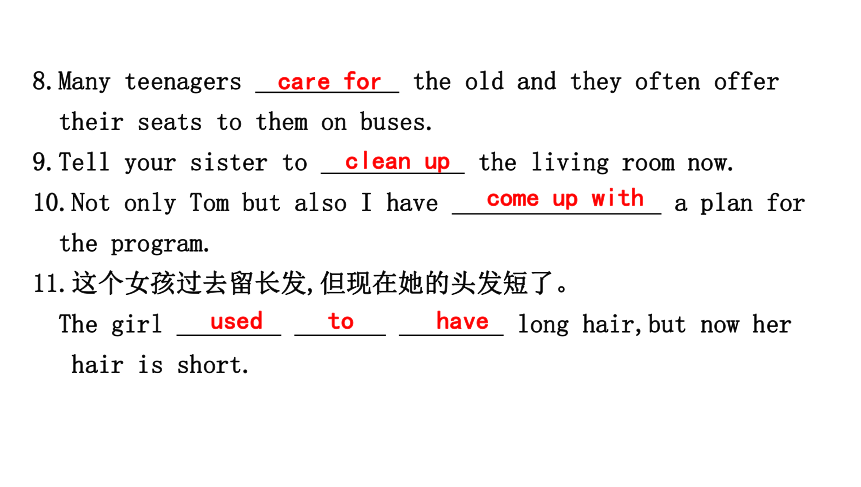
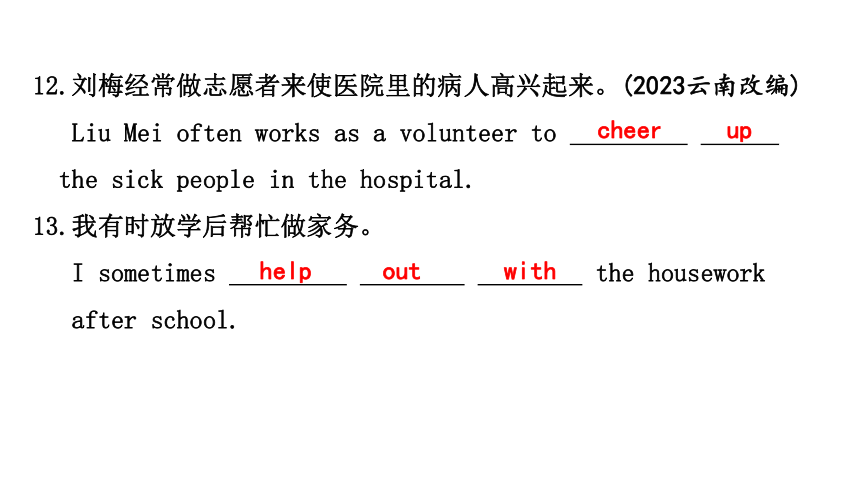

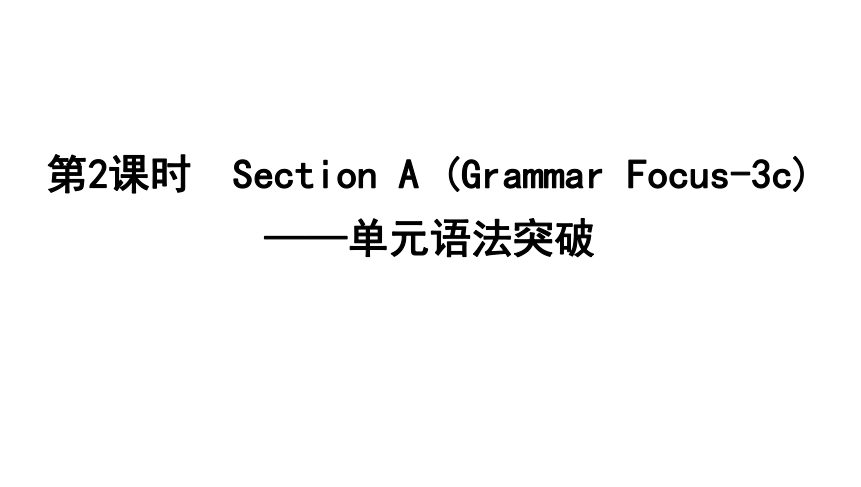
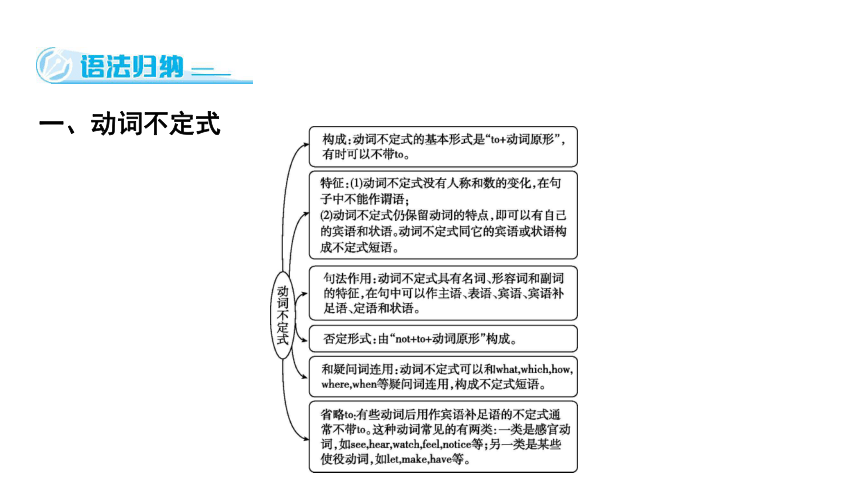
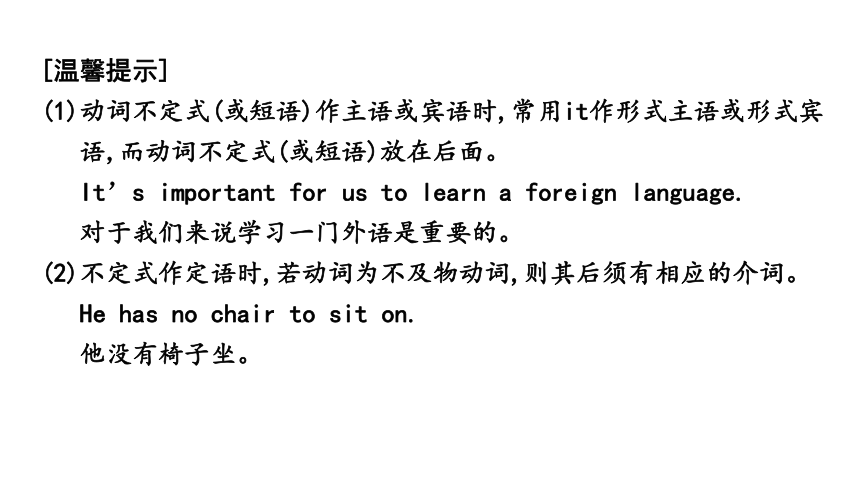
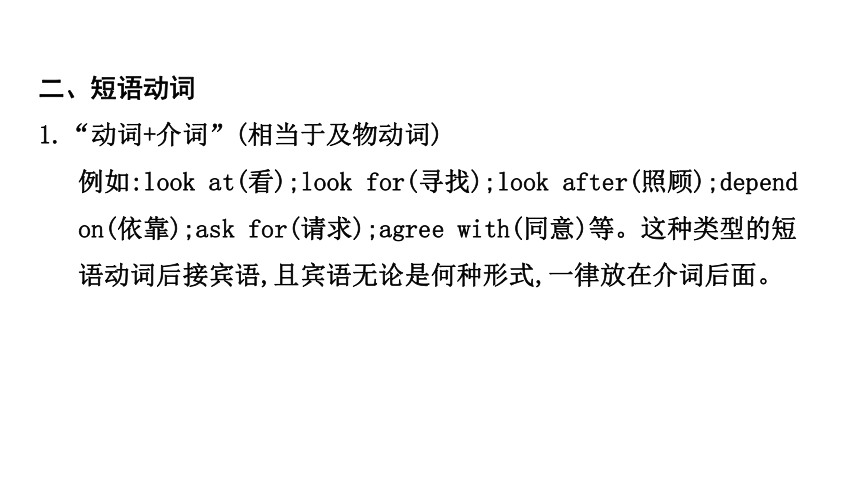
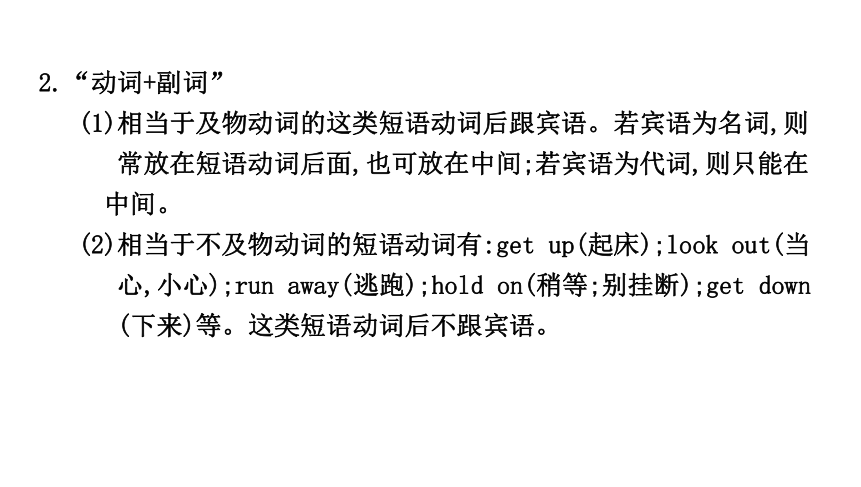
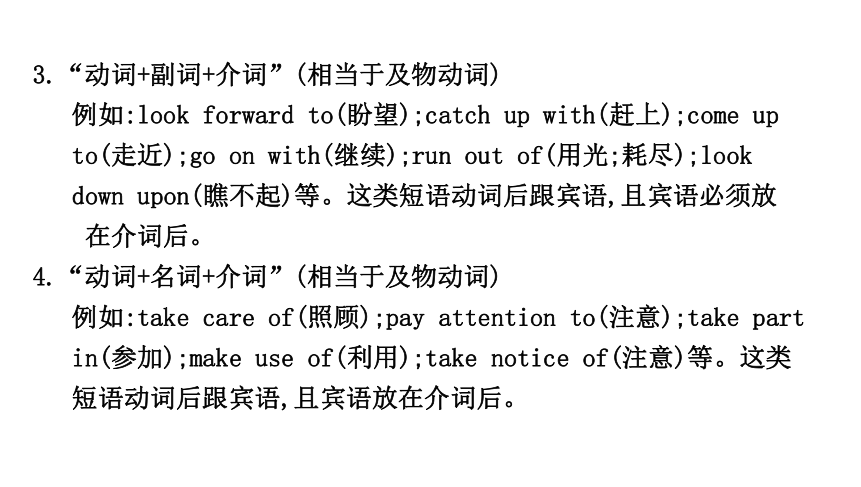
文档简介
(共46张PPT)
Unit 8 I’ll help to clean up the
city parks.
第1课时 Section A (1a-2d)
1.We went to the playground to c for the players.
2.Many young (志愿者) are going to help others
during the Olympic Games.
3.We saw some s around the lake.They say,“No swimming
in the lake.”
4.There are (公告牌) about where to park (停车).
5.Tom didn’t feel l because he made new friends here.
Ⅰ.根据句意和首字母或汉语提示,写出单词的正确形式
heered
volunteers
igns
notices
onely
Ⅱ.从方框中选择适当的短语填空
6.—Tony,can you help to the food to the homeless
people this Sunday
—Sure.
7.We have to going camping because of the heavy
rain.
give out
clean up,put off,come up with,care for,give out,from now,cheer up,used to have,hand out,help out with
put off
8.Many teenagers the old and they often offer
their seats to them on buses.
9.Tell your sister to the living room now.
10.Not only Tom but also I have a plan for
the program.
11.这个女孩过去留长发,但现在她的头发短了。
The girl long hair,but now her
hair is short.
care for
clean up
come up with
used
to
have
12.刘梅经常做志愿者来使医院里的病人高兴起来。(2023云南改编)
Liu Mei often works as a volunteer to .
the sick people in the hospital.
13.我有时放学后帮忙做家务。
I sometimes the housework
after school.
cheer
up
help
out
with
14.儿童节离现在只有两周了,你为辛迪准备礼物了吗
Children’s Day is only two weeks .Have
you prepared the gift for Cindy
15.杰克正在教室里发数学试卷。
Jack is the math papers in the
classroom.
from
now
handing
out
第2课时 Section A (Grammar Focus-3c)
——单元语法突破
一、动词不定式
[温馨提示]
(1)动词不定式(或短语)作主语或宾语时,常用it作形式主语或形式宾
语,而动词不定式(或短语)放在后面。
It’s important for us to learn a foreign language.
对于我们来说学习一门外语是重要的。
(2)不定式作定语时,若动词为不及物动词,则其后须有相应的介词。
He has no chair to sit on.
他没有椅子坐。
二、短语动词
1.“动词+介词”(相当于及物动词)
例如:look at(看);look for(寻找);look after(照顾);depend
on(依靠);ask for(请求);agree with(同意)等。这种类型的短
语动词后接宾语,且宾语无论是何种形式,一律放在介词后面。
2.“动词+副词”
(1)相当于及物动词的这类短语动词后跟宾语。若宾语为名词,则
常放在短语动词后面,也可放在中间;若宾语为代词,则只能在
中间。
(2)相当于不及物动词的短语动词有:get up(起床);look out(当
心,小心);run away(逃跑);hold on(稍等;别挂断);get down
(下来)等。这类短语动词后不跟宾语。
3.“动词+副词+介词”(相当于及物动词)
例如:look forward to(盼望);catch up with(赶上);come up
to(走近);go on with(继续);run out of(用光;耗尽);look
down upon(瞧不起)等。这类短语动词后跟宾语,且宾语必须放
在介词后。
4.“动词+名词+介词”(相当于及物动词)
例如:take care of(照顾);pay attention to(注意);take part
in(参加);make use of(利用);take notice of(注意)等。这类
短语动词后跟宾语,且宾语放在介词后。
5.“系动词+形容词+介词”
例如:be similar to(与……相像);be strict in/with(在……
方面严格/对……严格);be familiar with(熟悉);be different
from(与……不同);be full of(装满)等。这类短语动词要跟宾
语,且宾语放在介词后。
Ⅰ.单项选择
( )1.—What are you going to do this weekend
—I am going to visit the sick kids in the hospital
and them as a volunteer. (2022朝阳) A.wake;up B.cheer;up
C.give;up D.pick;up
B
( )2.We have to the sports meeting because of the
bad weather. (2022贺州)
A.turn off B.put off
C.take off D.get off
( )3.In China,people usually their houses to sweep
away bad luck before Spring Festival. (2022温州)
A.clean up B.look up
C.make up D.put up
B
A
( )4.Many Chinese people usually some paper cuttings
on windows,doors and walls as symbols of wishes for good luck. (2022遂宁)
A.put up B.put off
C.cut up D.cut off
( )5.The high school invited a famous scientist a
talk on World Earth Day. (2022镇江)
A.giving B.to give C.give D.given
A
B
Ⅱ.用括号中所给动词的适当形式填空
6.Would you like (travel) with us next week
7.In the end they decided (tell) her the truth.
8.We went to the old people’s home (help) the old
people there.
9.Every day we learn (speak) English.
10.Please keep quiet.I have something important .
(tell) you.
to travel
to tell
to help
to speak
to tell
Ⅲ.根据汉语意思完成句子
11.你能帮助我把画贴到墙上吗
Can you help me the picture on the wall
12.她看起来不高兴。咱们使她振奋起来吧。
She looks unhappy.Let’s .
put
up
cheer
her
up
13.对我们来说想出一个好的计划很难。
It’s very difficult for us .
a good plan.
14.请把新书发一下。
Please the new books.
15.由于大雨我们不得不推迟参观农场。
Because of the heavy rain,we had to .
the farm.
to
come
up
with
hand
out
put
off
visiting
1.We volunteered to help (home) people last week.
2.These days we are busy (clean) our school yard.
3.I think Japanese is (little) interesting than
Chinese,so I like speaking Chinese.
homeless
Ⅰ.用括号中所给词的适当形式填空
cleaning
less
4.He used to (play) computer in his free time.Now
he enjoys reading books.
5.My best friend works as a volunteer in an after-school
(read) program.
play
reading
Ⅱ.语法填空
根据短文内容填空或用括号内所给词的适当形式填空。
Zheng Lin is a junior student in Shijiazhuang, Hebei.
Earlier this month,Zheng Lin and his classmates stood on the street with a box 6. (ask) people for donations(捐款).Later they 7. (give) the money to the poor students in their school.
to ask
gave
Many Chinese students raise money 8. (help) people in need.Most of the time,they ask for donations on the street 9. in the park.And sometimes they sell things like old books and CDs.Those students have done a great job so far.The money 10. (help) the students in poor areas like Yunnan and Gansu 11. new clothes,pens and pencils.
to help
or
helps
with
Teenagers in the US make donations,too.But they raise money in a different way—by 12. (do) something for others.For example,they sell home-made food or hold music concerts in their neighborhood to raise money.
“Chinese students like to wait for people to donate or sell things that parents buy for them,” said Ge Daoshun,an expert.“While the US kids get donations and give people something 13. (use) in return.”
doing
useful
Ge thinks Chinese teenagers should learn 14. . (raise) money in the “US kids” ways.“In that way,they can show their 15. (talent) and practice communication
(交流).More importantly,they can learn every coin counts.They have to work hard to get a donation,” he said.
to raise
talents
第3课时 Section B (1a-1e)
1.My little brother finally agreed to some of
his toys to the children in poor areas.
2.He his friend last night.
Ⅰ.用方框中所给短语的适当形式填空
give away
call up,take after,run out of,give away,fix up
called up
3.Could you please help me my computer It
doesn’t work.
4.Fred his father.They are both outgoing.
5.We can’t buy books anymore because we have .
money.
(to) fix up
takes after
run out of
Ⅱ.英汉互译
6.因为坏天气,我们不得不推迟举行足球比赛。
.
.
7.我的帽子和你的相似。
We had to put off having the soccer game because of the
bad weather.
My hat is similar to yours.
8.让我们和她谈谈,使她振作起来。
9.You can use road signs to help find the place.
10.The tiger is very strong because it eats lots of meat
every day.
Let’s talk with her to cheer her up.
你可以用路标帮助找到那个地方。
这只老虎是非常强壮的,因为它每天吃很多肉。
第4课时 Section B (2a-2e)
1. He can’t see anything.He is a b man.
2.Please o the window and let the fresh air in.
3.I wrote many l to you,but I didn’t hear from you.
4.The box is too heavy for me.I don’t think I can .
(搬) it.
5.The mother asked her little son how many (轮子) a
bike has.
Ⅰ.根据句意和首字母或汉语提示,写出单词的正确形式
lind
pen
etters
carry
wheels
6.We should do something to help those (disable)
people like the blind or the deaf.
7.Our class won first in our school sports meeting.We were
(excite).
8.A friend of (my) wants me to buy some fruit for
her.
Ⅱ.用括号中所给词的适当形式填空
disabled
excited
mine
9.When he said 3 o’clock,I (understand) him
meaning “in the afternoon”.
10.You can’t imagine how many (difficult) we
met in that country.
understood
difficulties
Ⅲ.根据汉语意思完成句子
11.他们决定设立一个机构去帮助残疾人。
They decide an organization to help
disabled people.
12.科学家们让机器人帮助我们成为可能。
Scientists for robots to
help us.
to
set
up
make
it
possible
13.电脑对我们的生活有很大的影响。
Computers to our life.
14.他三岁时还不会走路。
He walk when he was three.
15.人们过去常常互相写信。
People used to each other.
make
a
big
difference
was
unable
to
write
letters
to
第5课时 Section B (3a-4)
——单元话题写作指导
写作话题 志愿者服务及慈善活动
具体内容 首先说明自己有哪些爱好和特长;其次陈述自己想做哪方面的志愿工作;最后重点描述自己如何利用特长去帮助别人
注意事项 尽量用倡议或号召性的语句鼓励他人
(1)The girl could visit the sick kids in the hospital to
cheer them up.
常用句型
(2)I’m making some plans to work in an old people’s home
this summer.
(3)We should listen to them and care for them.
(4)Volunteering here is a dream to come true for me.
(5)I will go to an old people’s home to cheer them up.
(6)It’s our duty to keep the city clean.
(7)I want to volunteer as a doctor in the old people’s home.
(8)I am always ready to help others.
(9)If I get the job,I believe I can be a great helper.
(10)I think being a volunteer is really great.
(11)We handed out some notices and told people the importance
of protecting the environment.
(12)I got a strong feeling of satisfaction when I saw the
joy on old people’s face.
(13)I want to help out as a volunteer at your center.
(14)I learned that we should care for the old around us
every day.
假设你是李明,本周班会上,你将代表老师用英语通知学生参加一次敬老院的公益活动。
要点:(1)星期天早上8:30在校门口集合,乘公共汽车前往敬老院;
(2)打扫卫生,整理房间;(3)唱歌、跳舞、讲故事、聊天,给老
人们带去快乐;(4)给老人们赠送礼物;(5)活动很有意义,希望
积极参与。
1.写作要求
注意:(1)要点齐全;(2)词数60左右(开头和结尾已给出,不计入总词数)。
Fellow students,
That’s all.Thank you!
2.思路点拨
(1)体裁:应用文
(2)人称:第一人称
(3)时态:一般将来时
(4)写作导图:
Fellow students,
We will pay a visit to the old people’s home this Sunday.We’ll meet at the school gate at 8:30 on Sunday morning and then go there by bus.There we will do some cleaning and tidy the rooms.After that we will have many activities,such as singing,dancing,telling stories and chatting to cheer up the old.Before we leave,we’ll give
our presents to them.
3.范文借鉴
I hope all of us can take an active part in public welfare activities.Through the meaningful activity,we can learn how to care for the old.
That’s all.Thank you!
Unit 8 I’ll help to clean up the
city parks.
第1课时 Section A (1a-2d)
1.We went to the playground to c for the players.
2.Many young (志愿者) are going to help others
during the Olympic Games.
3.We saw some s around the lake.They say,“No swimming
in the lake.”
4.There are (公告牌) about where to park (停车).
5.Tom didn’t feel l because he made new friends here.
Ⅰ.根据句意和首字母或汉语提示,写出单词的正确形式
heered
volunteers
igns
notices
onely
Ⅱ.从方框中选择适当的短语填空
6.—Tony,can you help to the food to the homeless
people this Sunday
—Sure.
7.We have to going camping because of the heavy
rain.
give out
clean up,put off,come up with,care for,give out,from now,cheer up,used to have,hand out,help out with
put off
8.Many teenagers the old and they often offer
their seats to them on buses.
9.Tell your sister to the living room now.
10.Not only Tom but also I have a plan for
the program.
11.这个女孩过去留长发,但现在她的头发短了。
The girl long hair,but now her
hair is short.
care for
clean up
come up with
used
to
have
12.刘梅经常做志愿者来使医院里的病人高兴起来。(2023云南改编)
Liu Mei often works as a volunteer to .
the sick people in the hospital.
13.我有时放学后帮忙做家务。
I sometimes the housework
after school.
cheer
up
help
out
with
14.儿童节离现在只有两周了,你为辛迪准备礼物了吗
Children’s Day is only two weeks .Have
you prepared the gift for Cindy
15.杰克正在教室里发数学试卷。
Jack is the math papers in the
classroom.
from
now
handing
out
第2课时 Section A (Grammar Focus-3c)
——单元语法突破
一、动词不定式
[温馨提示]
(1)动词不定式(或短语)作主语或宾语时,常用it作形式主语或形式宾
语,而动词不定式(或短语)放在后面。
It’s important for us to learn a foreign language.
对于我们来说学习一门外语是重要的。
(2)不定式作定语时,若动词为不及物动词,则其后须有相应的介词。
He has no chair to sit on.
他没有椅子坐。
二、短语动词
1.“动词+介词”(相当于及物动词)
例如:look at(看);look for(寻找);look after(照顾);depend
on(依靠);ask for(请求);agree with(同意)等。这种类型的短
语动词后接宾语,且宾语无论是何种形式,一律放在介词后面。
2.“动词+副词”
(1)相当于及物动词的这类短语动词后跟宾语。若宾语为名词,则
常放在短语动词后面,也可放在中间;若宾语为代词,则只能在
中间。
(2)相当于不及物动词的短语动词有:get up(起床);look out(当
心,小心);run away(逃跑);hold on(稍等;别挂断);get down
(下来)等。这类短语动词后不跟宾语。
3.“动词+副词+介词”(相当于及物动词)
例如:look forward to(盼望);catch up with(赶上);come up
to(走近);go on with(继续);run out of(用光;耗尽);look
down upon(瞧不起)等。这类短语动词后跟宾语,且宾语必须放
在介词后。
4.“动词+名词+介词”(相当于及物动词)
例如:take care of(照顾);pay attention to(注意);take part
in(参加);make use of(利用);take notice of(注意)等。这类
短语动词后跟宾语,且宾语放在介词后。
5.“系动词+形容词+介词”
例如:be similar to(与……相像);be strict in/with(在……
方面严格/对……严格);be familiar with(熟悉);be different
from(与……不同);be full of(装满)等。这类短语动词要跟宾
语,且宾语放在介词后。
Ⅰ.单项选择
( )1.—What are you going to do this weekend
—I am going to visit the sick kids in the hospital
and them as a volunteer. (2022朝阳) A.wake;up B.cheer;up
C.give;up D.pick;up
B
( )2.We have to the sports meeting because of the
bad weather. (2022贺州)
A.turn off B.put off
C.take off D.get off
( )3.In China,people usually their houses to sweep
away bad luck before Spring Festival. (2022温州)
A.clean up B.look up
C.make up D.put up
B
A
( )4.Many Chinese people usually some paper cuttings
on windows,doors and walls as symbols of wishes for good luck. (2022遂宁)
A.put up B.put off
C.cut up D.cut off
( )5.The high school invited a famous scientist a
talk on World Earth Day. (2022镇江)
A.giving B.to give C.give D.given
A
B
Ⅱ.用括号中所给动词的适当形式填空
6.Would you like (travel) with us next week
7.In the end they decided (tell) her the truth.
8.We went to the old people’s home (help) the old
people there.
9.Every day we learn (speak) English.
10.Please keep quiet.I have something important .
(tell) you.
to travel
to tell
to help
to speak
to tell
Ⅲ.根据汉语意思完成句子
11.你能帮助我把画贴到墙上吗
Can you help me the picture on the wall
12.她看起来不高兴。咱们使她振奋起来吧。
She looks unhappy.Let’s .
put
up
cheer
her
up
13.对我们来说想出一个好的计划很难。
It’s very difficult for us .
a good plan.
14.请把新书发一下。
Please the new books.
15.由于大雨我们不得不推迟参观农场。
Because of the heavy rain,we had to .
the farm.
to
come
up
with
hand
out
put
off
visiting
1.We volunteered to help (home) people last week.
2.These days we are busy (clean) our school yard.
3.I think Japanese is (little) interesting than
Chinese,so I like speaking Chinese.
homeless
Ⅰ.用括号中所给词的适当形式填空
cleaning
less
4.He used to (play) computer in his free time.Now
he enjoys reading books.
5.My best friend works as a volunteer in an after-school
(read) program.
play
reading
Ⅱ.语法填空
根据短文内容填空或用括号内所给词的适当形式填空。
Zheng Lin is a junior student in Shijiazhuang, Hebei.
Earlier this month,Zheng Lin and his classmates stood on the street with a box 6. (ask) people for donations(捐款).Later they 7. (give) the money to the poor students in their school.
to ask
gave
Many Chinese students raise money 8. (help) people in need.Most of the time,they ask for donations on the street 9. in the park.And sometimes they sell things like old books and CDs.Those students have done a great job so far.The money 10. (help) the students in poor areas like Yunnan and Gansu 11. new clothes,pens and pencils.
to help
or
helps
with
Teenagers in the US make donations,too.But they raise money in a different way—by 12. (do) something for others.For example,they sell home-made food or hold music concerts in their neighborhood to raise money.
“Chinese students like to wait for people to donate or sell things that parents buy for them,” said Ge Daoshun,an expert.“While the US kids get donations and give people something 13. (use) in return.”
doing
useful
Ge thinks Chinese teenagers should learn 14. . (raise) money in the “US kids” ways.“In that way,they can show their 15. (talent) and practice communication
(交流).More importantly,they can learn every coin counts.They have to work hard to get a donation,” he said.
to raise
talents
第3课时 Section B (1a-1e)
1.My little brother finally agreed to some of
his toys to the children in poor areas.
2.He his friend last night.
Ⅰ.用方框中所给短语的适当形式填空
give away
call up,take after,run out of,give away,fix up
called up
3.Could you please help me my computer It
doesn’t work.
4.Fred his father.They are both outgoing.
5.We can’t buy books anymore because we have .
money.
(to) fix up
takes after
run out of
Ⅱ.英汉互译
6.因为坏天气,我们不得不推迟举行足球比赛。
.
.
7.我的帽子和你的相似。
We had to put off having the soccer game because of the
bad weather.
My hat is similar to yours.
8.让我们和她谈谈,使她振作起来。
9.You can use road signs to help find the place.
10.The tiger is very strong because it eats lots of meat
every day.
Let’s talk with her to cheer her up.
你可以用路标帮助找到那个地方。
这只老虎是非常强壮的,因为它每天吃很多肉。
第4课时 Section B (2a-2e)
1. He can’t see anything.He is a b man.
2.Please o the window and let the fresh air in.
3.I wrote many l to you,but I didn’t hear from you.
4.The box is too heavy for me.I don’t think I can .
(搬) it.
5.The mother asked her little son how many (轮子) a
bike has.
Ⅰ.根据句意和首字母或汉语提示,写出单词的正确形式
lind
pen
etters
carry
wheels
6.We should do something to help those (disable)
people like the blind or the deaf.
7.Our class won first in our school sports meeting.We were
(excite).
8.A friend of (my) wants me to buy some fruit for
her.
Ⅱ.用括号中所给词的适当形式填空
disabled
excited
mine
9.When he said 3 o’clock,I (understand) him
meaning “in the afternoon”.
10.You can’t imagine how many (difficult) we
met in that country.
understood
difficulties
Ⅲ.根据汉语意思完成句子
11.他们决定设立一个机构去帮助残疾人。
They decide an organization to help
disabled people.
12.科学家们让机器人帮助我们成为可能。
Scientists for robots to
help us.
to
set
up
make
it
possible
13.电脑对我们的生活有很大的影响。
Computers to our life.
14.他三岁时还不会走路。
He walk when he was three.
15.人们过去常常互相写信。
People used to each other.
make
a
big
difference
was
unable
to
write
letters
to
第5课时 Section B (3a-4)
——单元话题写作指导
写作话题 志愿者服务及慈善活动
具体内容 首先说明自己有哪些爱好和特长;其次陈述自己想做哪方面的志愿工作;最后重点描述自己如何利用特长去帮助别人
注意事项 尽量用倡议或号召性的语句鼓励他人
(1)The girl could visit the sick kids in the hospital to
cheer them up.
常用句型
(2)I’m making some plans to work in an old people’s home
this summer.
(3)We should listen to them and care for them.
(4)Volunteering here is a dream to come true for me.
(5)I will go to an old people’s home to cheer them up.
(6)It’s our duty to keep the city clean.
(7)I want to volunteer as a doctor in the old people’s home.
(8)I am always ready to help others.
(9)If I get the job,I believe I can be a great helper.
(10)I think being a volunteer is really great.
(11)We handed out some notices and told people the importance
of protecting the environment.
(12)I got a strong feeling of satisfaction when I saw the
joy on old people’s face.
(13)I want to help out as a volunteer at your center.
(14)I learned that we should care for the old around us
every day.
假设你是李明,本周班会上,你将代表老师用英语通知学生参加一次敬老院的公益活动。
要点:(1)星期天早上8:30在校门口集合,乘公共汽车前往敬老院;
(2)打扫卫生,整理房间;(3)唱歌、跳舞、讲故事、聊天,给老
人们带去快乐;(4)给老人们赠送礼物;(5)活动很有意义,希望
积极参与。
1.写作要求
注意:(1)要点齐全;(2)词数60左右(开头和结尾已给出,不计入总词数)。
Fellow students,
That’s all.Thank you!
2.思路点拨
(1)体裁:应用文
(2)人称:第一人称
(3)时态:一般将来时
(4)写作导图:
Fellow students,
We will pay a visit to the old people’s home this Sunday.We’ll meet at the school gate at 8:30 on Sunday morning and then go there by bus.There we will do some cleaning and tidy the rooms.After that we will have many activities,such as singing,dancing,telling stories and chatting to cheer up the old.Before we leave,we’ll give
our presents to them.
3.范文借鉴
I hope all of us can take an active part in public welfare activities.Through the meaningful activity,we can learn how to care for the old.
That’s all.Thank you!
同课章节目录
- Unit 1 Do you want to watch a game show?
- Section A
- Section B
- Unit 2 I'm going to study computer science.
- Section A
- Section B
- Unit 3 Will people have robots?
- Section A
- Section B
- Unit 4 How do you make a banana milk shake?
- Section A
- Section B
- Unit 5 Can you come to my party?
- Section A
- Section B
- Unit 6 If you go to the party, you'll have a great
- Section A
- Section B
- Unit 7 What's the matter?
- Section A
- Section B
- Unit 8 I'll help to clean up the city parks.
- Section A
- Section B
